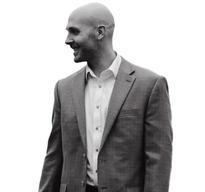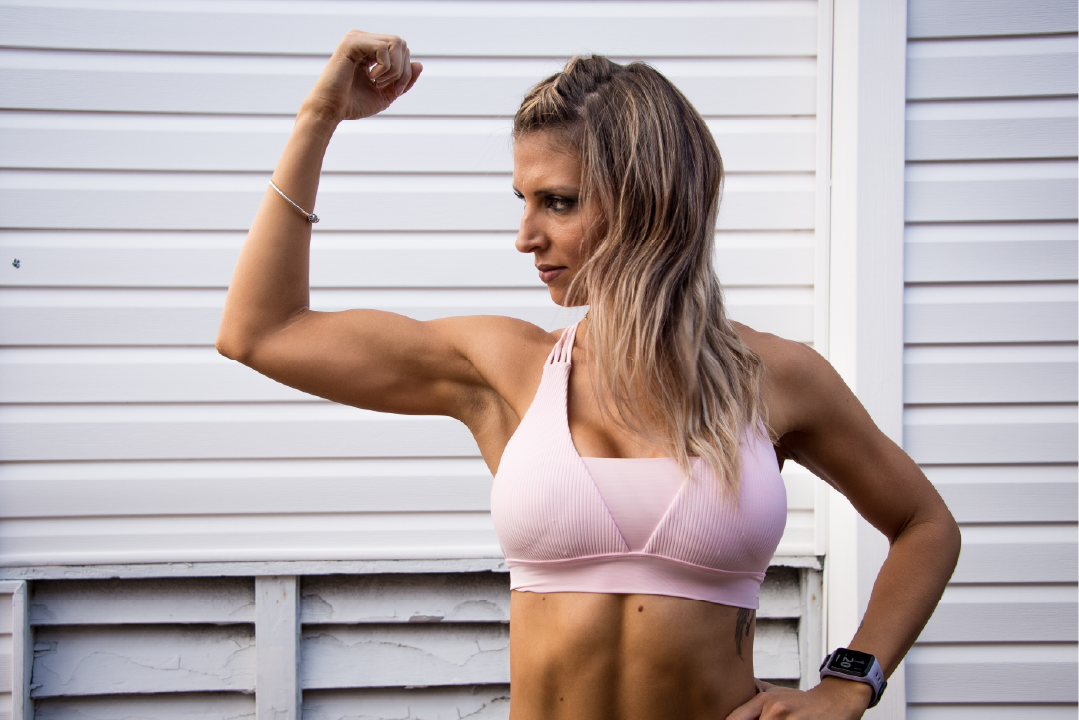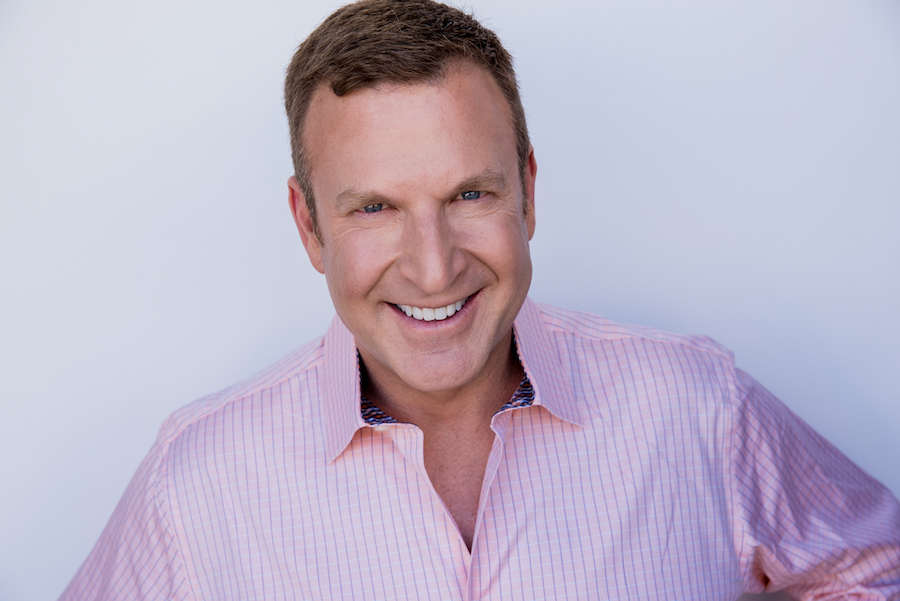
Personal Training Interviews

Crush The Fitness Interview
First, if after reading through this it seems too much at the moment it may be best for you to go the online fitness business route. However, if you are already invested and booked for a personal trainer interviews or any other fitness interview you came to the right place.
Do you want to know the most asked question about personal training interviews? What do I wear. So let us get that out of the way.
It is fine to dress business casual or even more formally. However, you still need to bring exercise clothes to change into. Why?
There should be a practical part of the interview where you are expected to teach and demonstrate. Those fitness clothes should also be somewhat conservative. A fitness polo perhaps or something that mirrors a Physical Therapist outfit rather than someone getting ready for a CrossFit WOD.

I have interviewed dozens of FIT (fitness industry teachers) over the years, and have put together the ultimate interview guidelines. (You can find more information about this in my book).
There is potentially nothing as nerve-wracking in any industry as presenting in front of people who you assume know more than you do on a particular subject.
Most personal training interviews center on you doing a demonstration. This will be in front of people who are extremely knowledgeable in what is also supposed to be your realm of expertise. Your future job most likely hinges on this mock class, speech, training, or coaching sessions going off without a hitch. Let’s go over the steps to ace this.
Research for Personal Training Interviews
I touched on this in another blog concerning, but to reiterate you have to do your due diligence in researching the company, facility, and/or people you are going to be potentially working with. Everyone has their own perspective and biases on what is best. You do not need to conform, but you at least should know what not to say going into your fitness interviews.
Research Interview Example
- You are interviewing at a Yoga studio, you may want to know that they specialize in Hot Yoga. Why? Maybe you decide not to harp on your beliefs concerning only exercising while fully hydrated. You can dig up great content from social media, and company specific websites that allow you to be a step ahead in knowing what they are looking for. It is also a good strategy to have a few rehearsed phrases mentioning something the company, facility, or person has done or continues to do that you enjoy.
- The CrossFit box you’re applying to teach for may have a contest for most pull-ups in a minute every other Saturday. When the time presents itself in the interview, complementing them and expressing your admiration for their creativeness in the pull-up competition will earn you brownie points, and show you’re a good fit as you appreciate their structure and methods.
Lastly, there may be specific certifications, or criteria that all their instructors have. You can use this to your advantage regardless if you share their same credentials. If you do have the same or similar training, you understand what principles they are looking for, and how to present and use parlance they are familiar with.
If you don’t, you can preemptively strike and let them know you are trained in a different skill set, and believe you bring value by having a different approach and viewpoint.
Understanding what angle they are viewing things from allows you to structure your mock class/training in a fashion in a way that’s advantageous for you.
Practice for Personal Training Interviews
This next step is not only helpful in acing your personal training interviews, but in becoming the best FIT you can be. I have two strategies that will absolutely help you make you confident, and competent as a FIT:
- Equipment Exhaustion Exercise (E3) – Every day for at least two weeks prior to an interview, grab a piece of equipment in your particular fitness/health medium and do everything possible with it.
- For example, if you’re a personal trainer you may grab a resistance band. Hook that band to a bar, put it under your feet, whatever comes to mind. Get creative, and feel free to tape yourself, or write out everything. Do every exercise you can possibly think of using that one piece of equipment. Make sure to hit the entire body. This forces you to think critically, anatomically, and creatively, all areas you will be challenged in an interview.
- Site Specific Study (S3) – Pick out one area. A muscle, topic, movement, etc. Unload all of your information on that particular subject either out loud or preferably written out.
- For example, if you’re a Health and Nutrition coach you may pick Carbohydrates. List everything you know that relates to explaining Carbs. This allows you to see areas you may need to brush up on more. If you’re a group fitness instructor you may pick out a muscle, chest (pectoralis major/minor). Write out every exercise you know that involves the chest muscles. These exercises give great insight into strengths and weaknesses in your current knowledge. It also allows you to have recent recall on particular subjects when asked during the interview process.
(Understand the 7 Central Movements to help with both of the aforementioned techniques!)
Interview Personality
Confident, Honest, Teachable
If the interviewer is good and thorough, there is a high likelihood you will falter at some point. Interviewers like to see how the interviewee reacts when given a situation or question that can either not be answered at all (trick), or is above their level of knowledge.
If and when this situation arises, it is imperative that you don’t freeze, lie, become embarrassed, or angered. Simply saying something to the extent of, “I’m actually not familiar with that”. “I apologize, but I’d love to learn that”, will get you far more praise.
Ultimately, people want to know you’re easy to work with, and are teachable. These qualities as a FIT, when trying to work for a company or facility are more sought after than absolute knowledge. Always remember to be yourself, be confident, be honest, and show you’re teachable. Now you’re ready to nail your personal training interviews!




